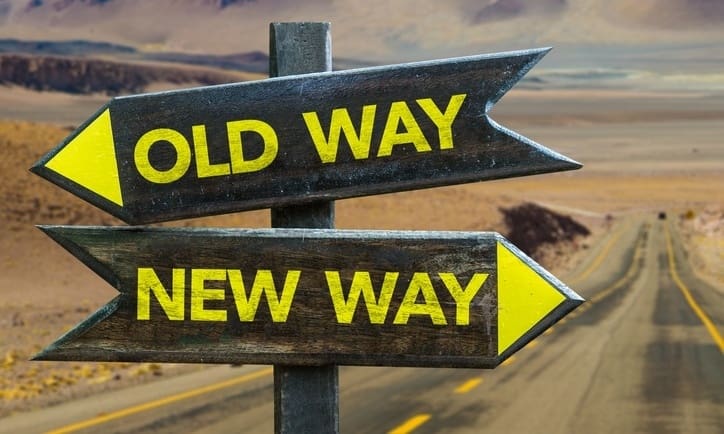As we see the healthcare world continue to consolidate, mergers and acquisitions are becoming the lay of the land. But although the process of merging two different (sometimes very different) cultures is becoming more common, it’s not getting any easier. In fact, for several of our current and former healthcare clients, it’s very, very challenging.
As I said in my recent article for Hospital Impact, even though mergers may make good business sense, they tend to create a “flight or fight” response in the people in the organization being merged or acquired. Why? Because people just hate change.
Staff members (medical or not) usually are not happy in the new, merged world—they liked the one they had before. They’re not sure how well they fit into the new organization’s culture so they tend to assume the worst.
Mergers are really hard on physicians and staff
From a series of interviews we conducted with doctors, nurses and support staff, we learned that people who have gone through a merger or acquisition are angry and irritated. While they are making more money in many cases, and their offices may be running more efficiently, they are unhappy. There are many reasons for this, namely:
- Their prior happiness was more about their perceived freedoms and comforts in the old situation before the merger.
- The old customs and habits they had always valued are very hard to let go of and they don’t want to replace them with a new “way of doing things.”
- Doctors, particularly those older than 50, built their practices like entrepreneurs. There was a lot of personal involvement and they weren’t accountable to anyone but themselves and their partners.
- The older doctors are watching their younger counterparts easily adapt to new technologies and a work-life balance that better suits their lifestyles, causing the old-timers to feel left behind.
- There are almost always more rules and procedures in a new, larger organization than in the previous smaller one.
Yes, staff can adapt to a new culture and come out the other side
At SAMC, what we’ve learned from our years of doing culture change work is that staff members will have a much easier time adapting to a new, merged environment if they are encouraged to create inspiring stories that quell fears, foster productive change and offer solutions ahead of time for problem areas that might crop up.
In my Hospital Impact article (which you can read here), I suggest three things to try:
- Anticipate the hurdles that people will put up.
- Get the leaders involved (those in authority and rank-and-file who are perceived as leaders).
- Small wins are important.
Hopefully, this approach will help smooth the way for an easier, less anger-inducing transition—which in the end will benefit everyone.
How does successful culture change happen? Check out these 3 blogs.
- Need To Change Your Organization’s Culture? 6 Best Ways To Do It.
- How to Dramatically Transform Your Company Culture
- Want To Change Your Organization? Make It Like An Exciting Play.
Are you in need of a culture change? Give us a call.
At SAMC, we’re culture change experts who specialize in helping organizations adapt and thrive in these rapidly changing times. If you’d like to discuss how we can help your company implement a culture change process, please contact us. We look forward to hearing from you.
From Observation to Innovation,

Andi Simon, Ph.D.
Corporate Anthropologist | President
Simon Associates Management Consultants
Info@simonassociates.net
@simonandi



